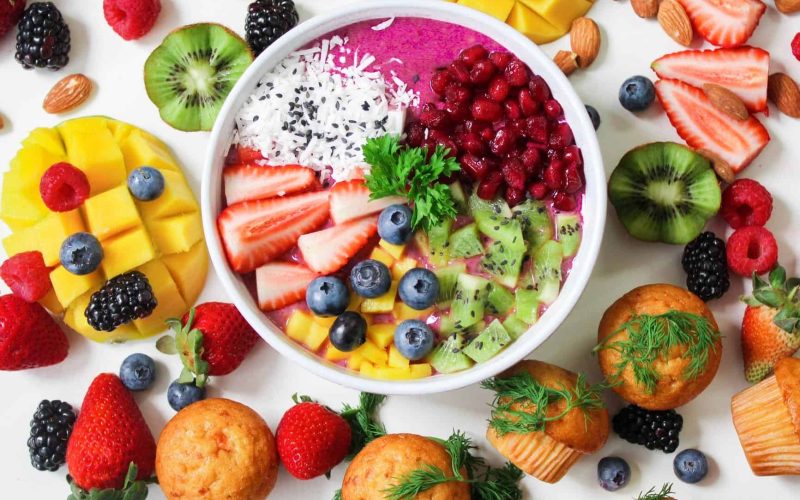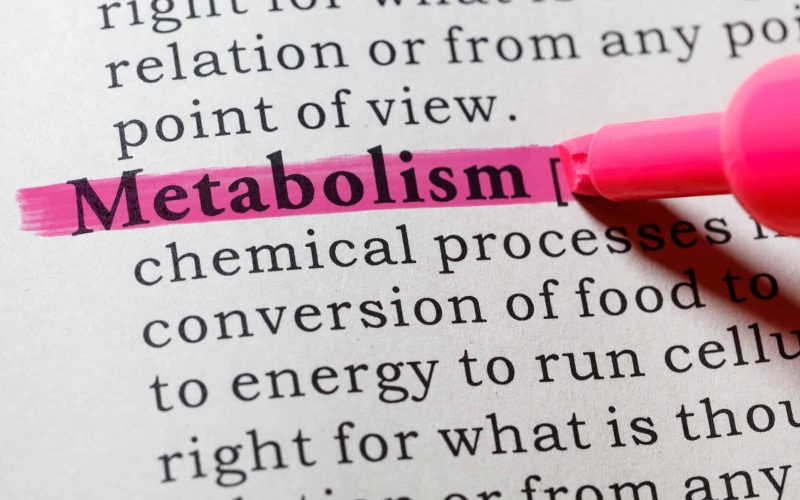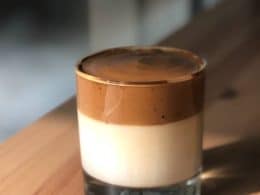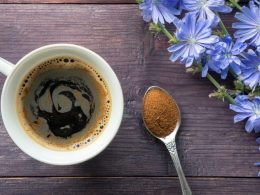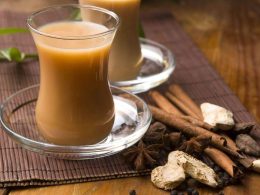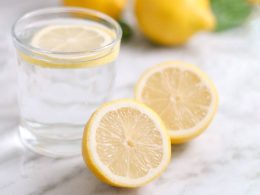A good night’s rest is as an important component of health. Although often overlooked. Scientists recommend that an adult aged 18–60 should get at least 7–9 hours of sleep every night.
An increased risk of depression, diabetes, heart disease and even death is associated with too little or too much sleep.
But sleeping every night for at least seven full hours doesn’t always come easily. Luckily, a number of sleep-inducing beverages will help you catch some z’s and even help with sleep-related issues like insomnia.
Here are nine drinks that should naturally enhance your sleep.
1. Cherry juice
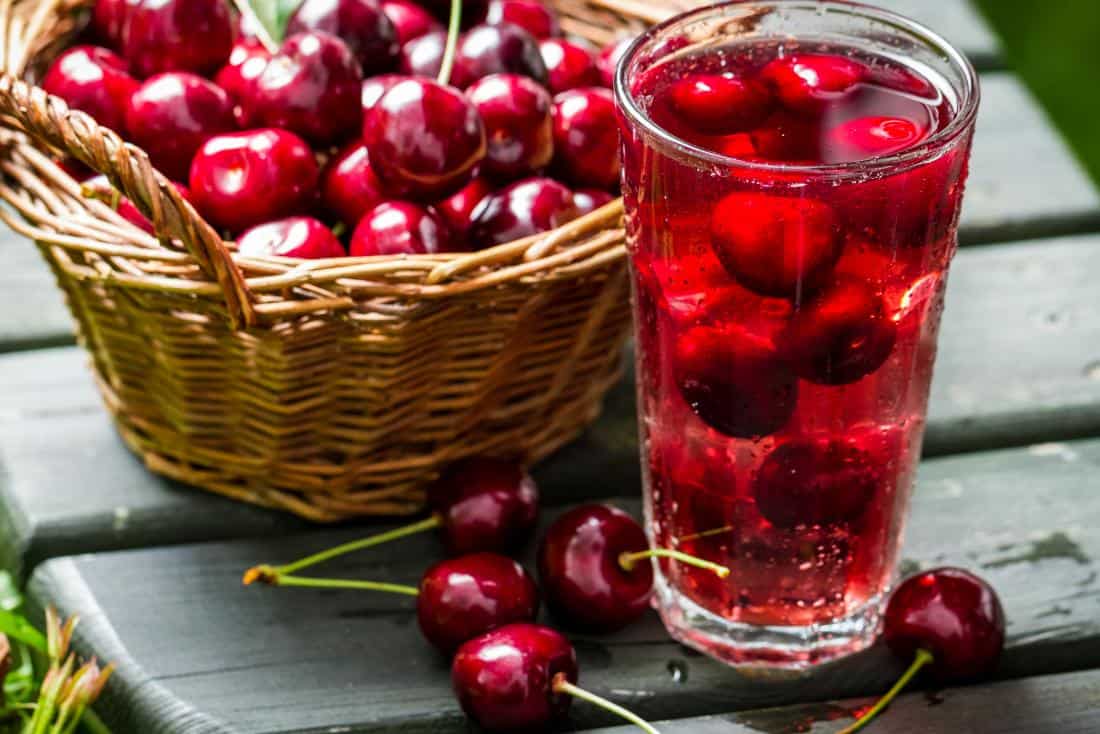
Cherries are stone fruits that, depending on the variety, differ in flavour. They can be sour, sweet, or tart and they can grow in various colours, such as yellow, red and purple.
Not only are they known for making a perfect pie filling, but they also have a range of health benefits, including better quality of sleep.
The tryptophan content of Cherries is thought to be one reason why these fruits help sleep. Tryptophan is an amino acid that is a precursor to melatonin, the hormone that helps monitor when you fall asleep and wake up.
The tart variety packs the most, although both sweet and tart cherry varieties contain melatonin. Currently, one study found that Montmorency tart cherries could have up to six times more melatonin than Balaton sweet cherries.
A 7-day study of 20 individuals showed that drinking tart cherry juice concentrated significantly higher levels of melatonin daily compared to a placebo drink.
A related study in 30 participants showed that twice-daily intake of a cherry-based product increased nightly rest, decreased the number of awakenings at night, and resulted first in higher urinary melatonin levels in the morning.
Finally, one study discovered that drinking 2 cups (480 ml) of cherry juice per day for two weeks improved the average sleep time by 84 minutes and helped treat insomnia symptoms in adults 50 and older.
You will want to opt for quantities identical to those used in these studies when you decide to drink cherry juice to help you sleep. No side effects have been related to drinking 2 cups (480 ml) per day.
2. Chamomile tea
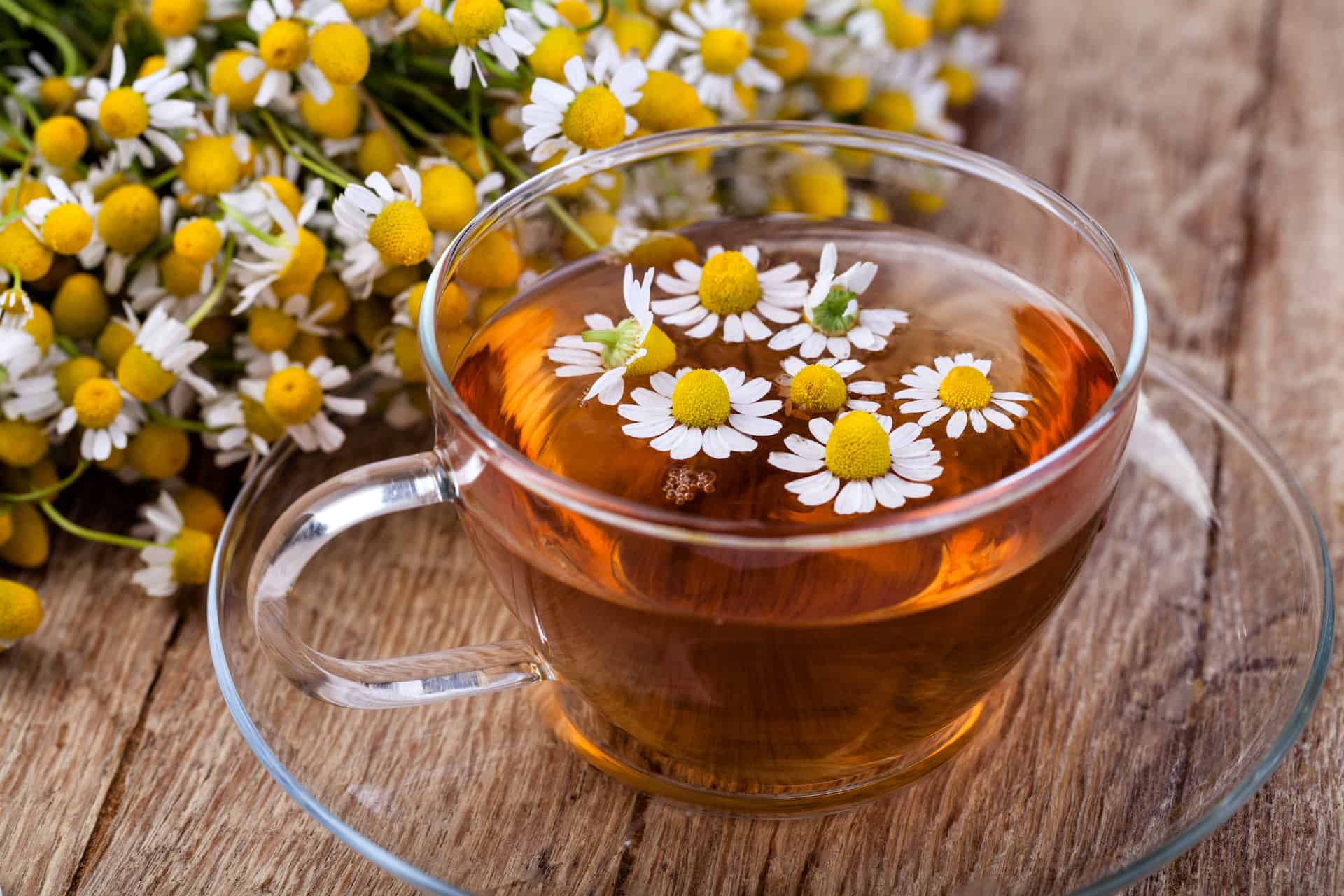
Chamomile, which is part of the Asteraceae family, is a daisy-like herb.
Tea derived from this plant has been eaten for ages. It has many health benefits, including skin health enhancement, cold symptom relief, and acne reduction. Infusing chamomile flowers in hot water renders the tea.
Some research indicates that sleep quality may be improved by Chamomile. One analysis of 60 older adults showed that taking 400 mg of chamomile extract safely improved the quality of sleep for 28 consecutive days.
Another study of 80 women with diminished sleep quality showed that after participants drank chamomile tea every day for two weeks, physical symptoms of sleep inefficiency were substantially improved. Anxiety and insomnia, which may also boost sleep, can be improved by Chamomile.
The connection between chamomile intake and insomnia was examined in two review studies. Neither of them, however, found ample evidence to support those arguments. Therefore further studies are needed.
Add four tablespoons of fresh (or two tablespoons of dried) chamomile flowers to 1 cup (237 ml) of boiling water to make chamomile tea at home. Before using a mesh strainer to remove the liquid from the flowers, let the flowers soak for about 5 minutes.
Drinking chamomile tea on a daily basis is healthy, and taking Chamomile in the form of tea or other supplements has not been associated with adverse side effects.
3. Ashwagandha tea
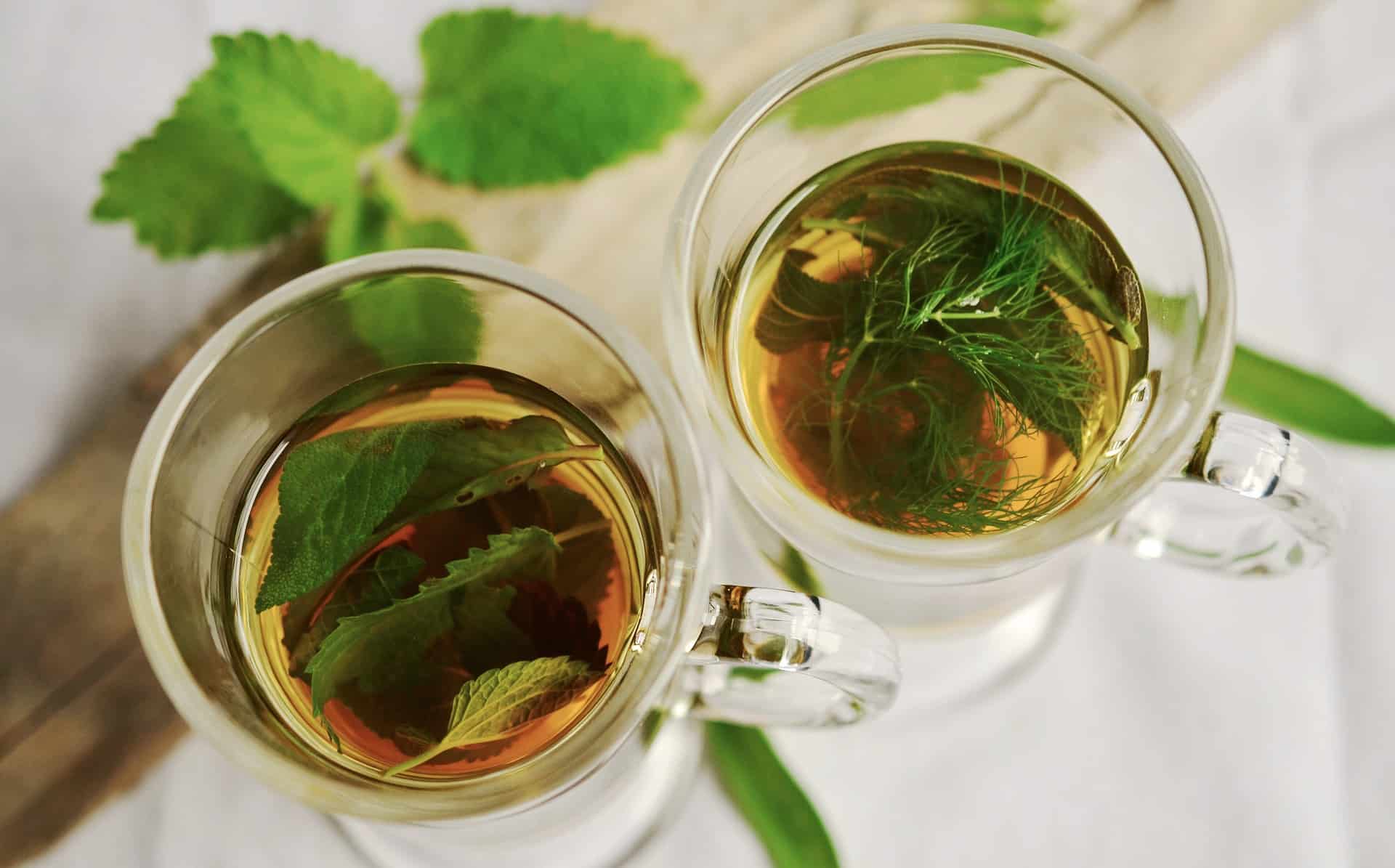
Ashwagandha has a notoriety for being a powerful plant for medicine. It’s called Indian ginseng, or winter cherry, sometimes.
Extracts from the plant’s roots, berries and leaves have been used to treat conditions such as tension, anxiety and arthritis.
In Ayurvedic rituals, AshwagandhaAshwagandha is conventionally used. The root contains compounds that tend to cause sleep in large amounts when isolated and ingested.
One research in mice found that trimethylene glycol facilitated non-rapid eye movement sleep, the sleep period during which your body regenerates tissue and bone, an active component of ashwagandha leaves.
Ashwagandha has shown promise in human research to help the body wind down and prepare for rest, as well as boost the overall quality of sleep. At most grocery stores or health food stores, you can purchase Ashwagandha tea bags.
Moon milk provides another way to drink Ashwagandha. Moon milk is a popular Ayurvedic insomnia cure made by adding warm milk to Ashwagandha, cardamom, cinnamon and nutmeg.
While ashwagandha tea for most individuals is healthy, some people should be careful. This includes people with autoimmune conditions, women who are pregnant or breastfeeding, and people who are taking blood pressure, blood sugar, or thyroid disease medication.
4. Valerian tea
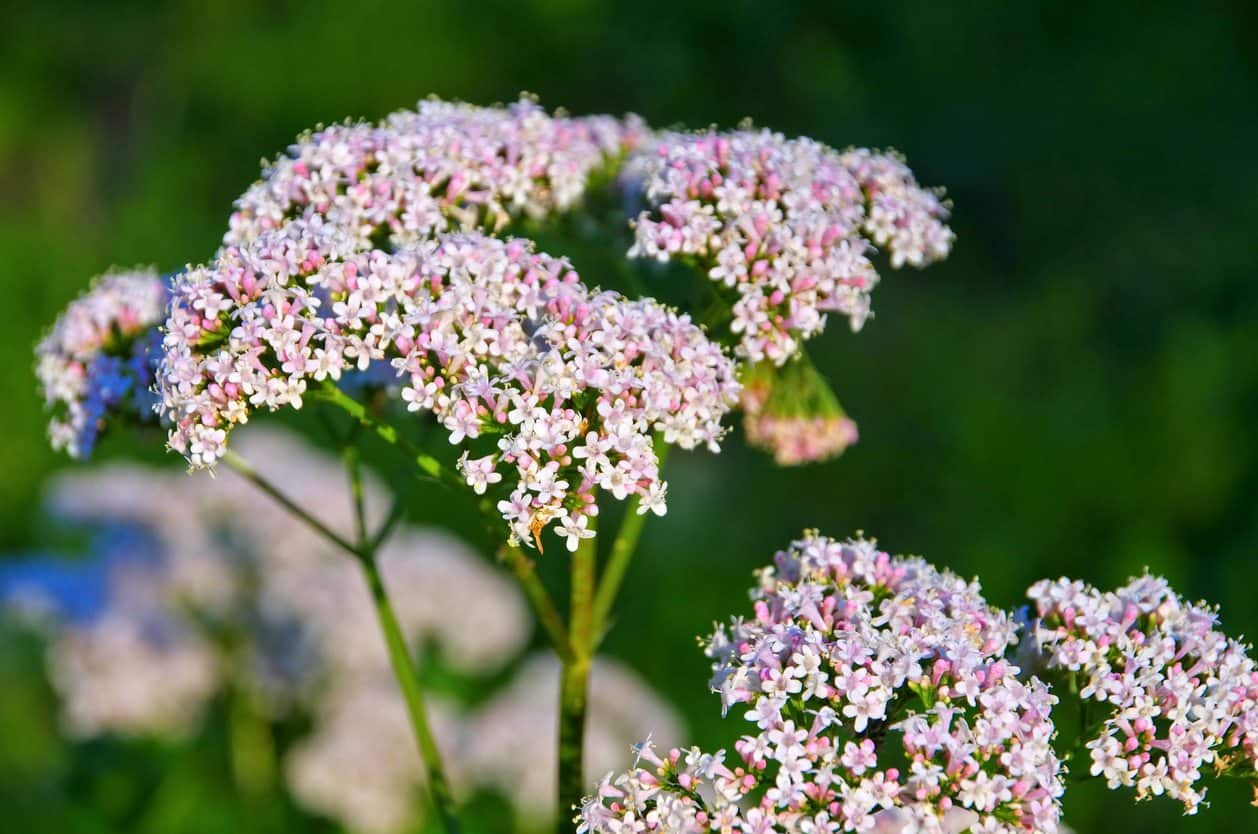
Valerian is a perennial plant and is part of the honeysuckle family that blooms with sweet-smelling pink or white flowers.
The root of the valerian plant is used, similar to Ashwagandha, as a medicinal herb considered to induce sleep and alleviate insomnia.
In particular, Valerian shows promise for insomnia relief and sleep quality improvement among menopausal women. One study showed that 30% of postmenopausal women who took a 530 mg valerian capsule twice daily for four weeks reported changes in the quality of sleep.
Although a large body of research indicates that Valerian can relieve insomnia, researchers have concluded that further studies are required before precise dosage and treatment regimen recommendations can be made.
Steep 2–3 grams of dried valerian root in 1 cup (237 ml) of hot water to make valerian root tea. Let it sit before straining for 10-15 minutes.
Valerian is considered a stable insomnia treatment technique that does not change the circadian rhythm, the normal routine of your body that determines when it’s time to sleep and wake. One research, however, found that large doses raised anxiety levels.
The National Institutes of Health (NIH) recommends that Valerian be avoided by women who are pregnant or breastfeeding, as well as by children under the age of three.
In addition, the root can increase sedation and should never be combined with alcohol or drugs such as barbiturates or benzodiazepines.
5. Peppermint tea

The herbs of the mint family are formally known as the Lamiaceae and are well known for their culinary uses. This involves peppermint, which in its applications, appears to be powerful and versatile.
For years, peppermint has been used in traditional medicine. It is thought that the tea has antiviral, antimicrobial, and even anti-allergenic properties. Gastrointestinal (GI) conditions such as indigestion and irritable bowel syndrome may also be helped by peppermint (IBS).
Although it has been shown to help ease an upset stomach in the evenings, to determine how it directly impacts sleep, more clinical trials on peppermint tea are needed.
It is easy to make peppermint tea. Simply boil 480 ml (2 cups) of water and add a handful of leaves of peppermint. Depending upon how strong you like your tea, you can adjust the number of leaves. Let the leaves sit for a minimum of 5 minutes in hot water.
Generally, peppermint tea is safe, but it may interact with certain medications for blood pressure, indigestion, and diabetes. You should consult your healthcare provider before drinking peppermint tea or using peppermint oil if you are taking any medication.
6. Warm milk
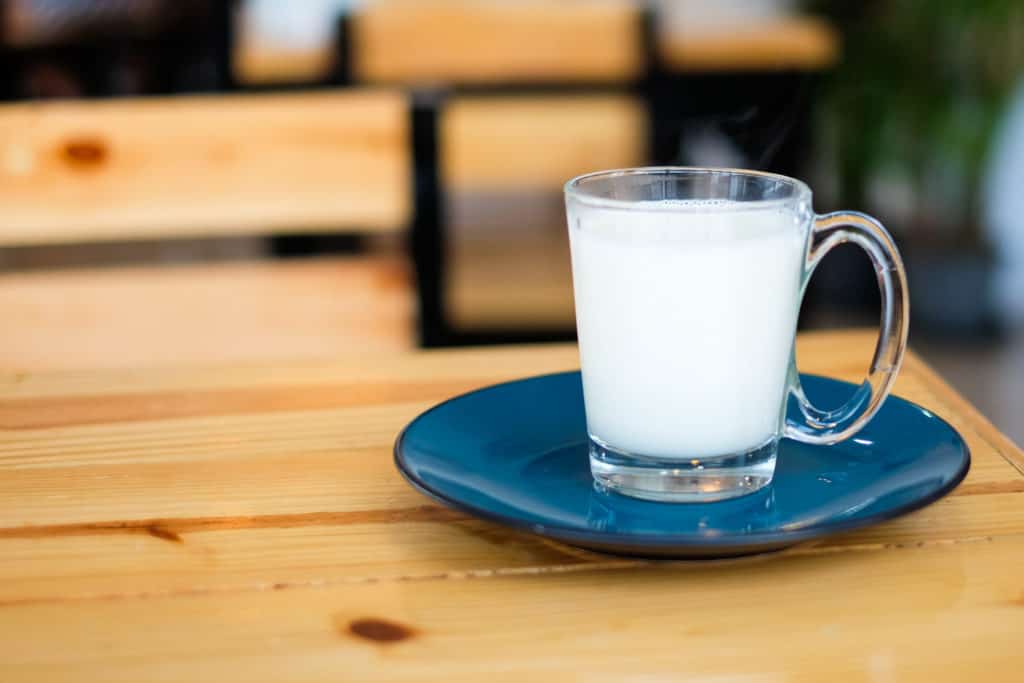
It may sound like a story told by old wives, but many reputable organizations have recommended hot milk for a good night’s sleep.
That’s because tryptophan contains milk. Serotonin, a neurotransmitter that is known for happiness and well-being, is naturally increased by tryptophan. Plus, a precursor to the sleep-regulating hormone melatonin is serotonin.
In simple terms, tryptophan increases the levels of serotonin, which increases the levels of melatonin. Melatonin can promote sleep, including jet lag, shift work sleep disorder, and insomnia, and can help combat various sleep disorders.
Several studies have found that warm milk can improve the quality of sleep and decrease movement at night, but to confirm these claims, further studies are needed.
It is possible that it is simply a soothing ritual to have a glass of warm milk before bed to help you unwind and prepare to rest. Simply choose your favourite milk and bring it to a low simmer on the stove for a few minutes if you want to give warm milk a try.
There’s no harm in giving this bedtime ritual a shot unless you’re lactose intolerant or have a milk allergy.
7. Golden milk
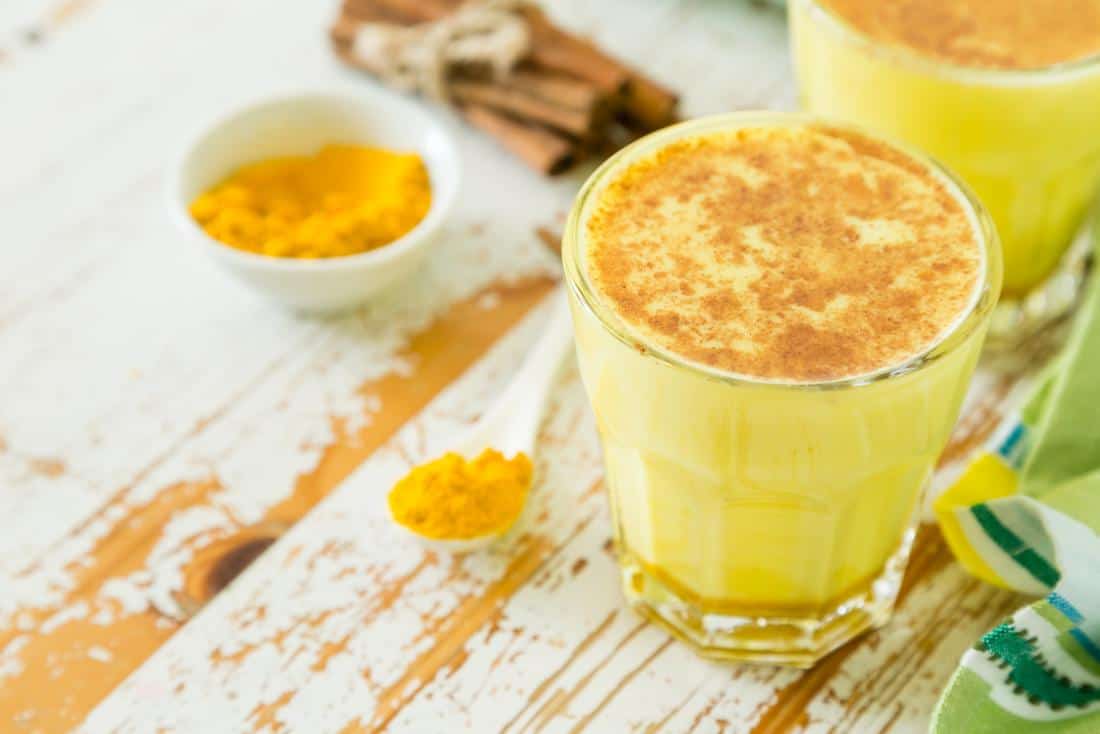
There is some evidence that you might be able to sleep better at night with warm milk alone. Not only does Golden Milk harness the sleep-aiding ability of hot milk, but it also boasts Tumeric.
It can help to increase melatonin levels because milk contains tryptophan, a precursor to melatonin. Melatonin is the primary hormone that controls the sleep-wake cycle in your body.
Curcumin meanwhile is abundant in the compound curcumin, which can relieve certain effects of sleep deprivation, minimize inflammation, and treat symptoms of anxiety and depression safely.
Research in mice, for example, found that 72 hours of lack of sleep resulted in weight loss, anxiety-like behaviour, and oxidative damage.
However, for five consecutive days, therapy with 10-20 mg of curcumin extract decreased weight loss and dramatically improved anxiety-like behaviour.
Combine 1/2 cup (118 ml) of milk, one teaspoon of turmeric, one small piece of ginger, and one teaspoon of honey to make golden milk. Bring it to a boil, reduce the temperature, and simmer for 3-5 minutes.
In golden milk, each of the ingredients is usually considered healthy. However, people taking such drugs, including blood thinners and stomach acid reduction and diabetes management medicines, should exercise caution with turmeric and ginger (63, 64Trusted Source).
8. Almond milk
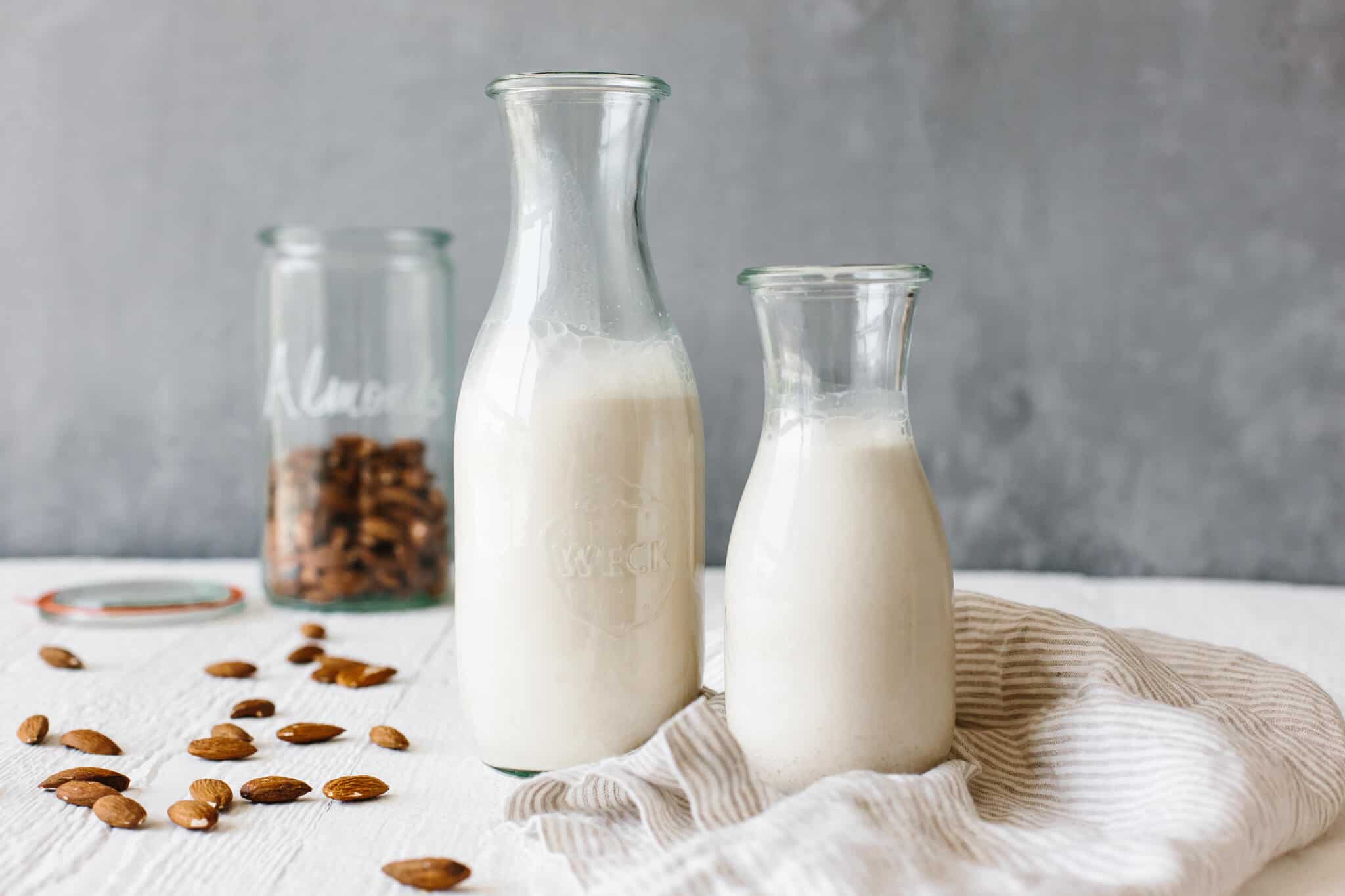
Almonds are tree nuts filled with fibre, vitamins and minerals that are stable. Almond milk, made by combining almonds with water and then straining the pulp, is a smooth, nutty alternative to cow’s milk.
Whole almonds can improve the quality of sleep. Violet oil made from almonds or sesame seeds has also been used as a remedy for insomnia in traditional Iranian medicine for many years.
In one study, participants reported substantial changes in the quality of sleep after self-administering three intranasal drops of either violet or pure almond oil per night for 30 days in 75 individuals with chronic insomnia.
The number of participants who reported insomnia decreased by 8.4 per cent after eating ten almonds daily for two weeks in another study of 442 university students.
As almond milk is made from whole almonds, good sleep can also be encouraged. Almond milk is rich in hormones and minerals that encourage sleep, including tryptophan, melatonin, and magnesium. In fact, almost 17 mg of magnesium is contained in 1 cup (237 ml) of almond milk.
Magnesium has shown promise in recent years as a treatment for insomnia, especially in older adults. You will possibly buy almond milk at your local grocery store. It is available in a number of brands and flavours.
Often you should make it at home. Provided that almond milk is made from whole almonds, almond milk and products made from it should be avoided by individuals with nut allergies.
9. Banana-almond smoothie
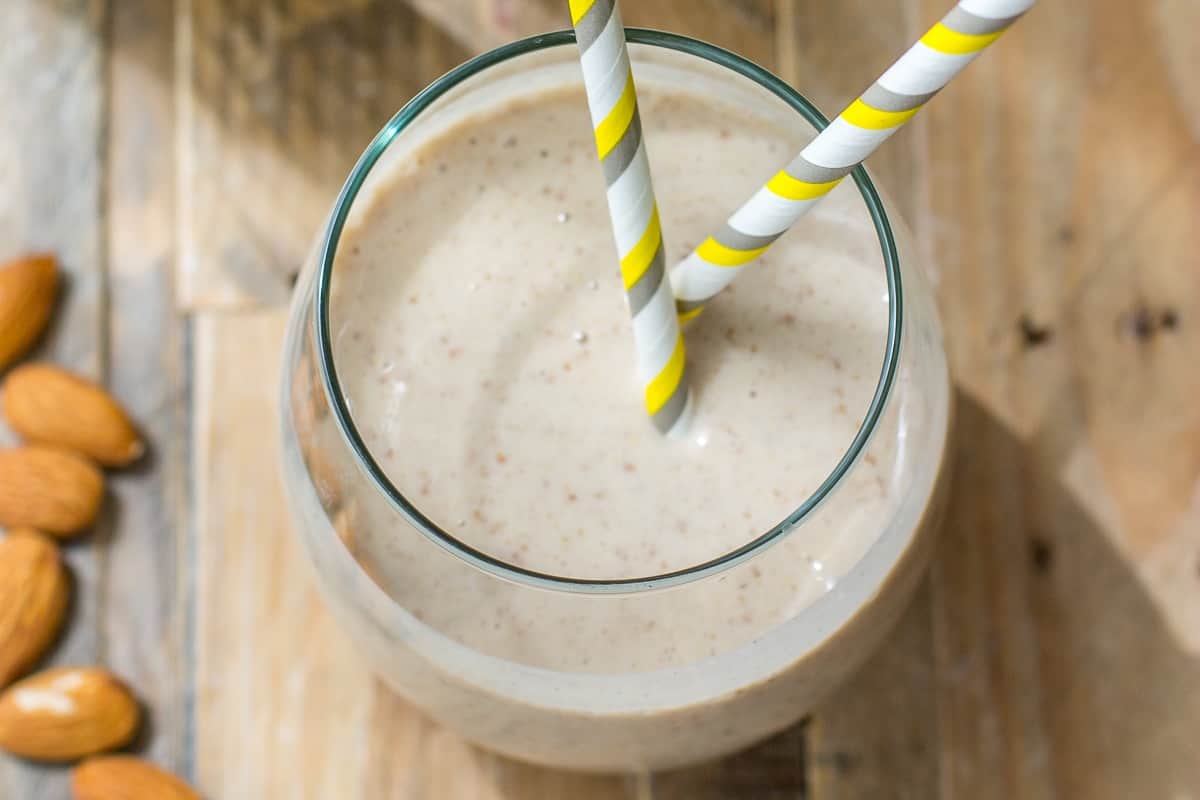
Another food rich in magnesium, tryptophan, and melatonin is bananas. They’re rich in potassium as well.
At the end of a long day, potassium and magnesium are two minerals that relax your muscles and will help you relax. You can really pack in a strong tryptophan and melatonin punch by mixing bananas and almond milk in a smoothie that may help relieve insomnia symptoms.
To make a smoothie with banana-almond, blend:
One banana that is fresh or frozen
- 1 cup of almond milk (237 ml)
- Almond butter (one tablespoon (15 grams))
- 1/2 a glass of ice (if using fresh a banana)
This basic recipe makes a good base for smoothies, to which you can add other magnesium and potassium-rich ingredients, such as leafy greens, orange juice, dark chocolate, yoghurt, or avocados.
A smoothie like this is a nutritious and tasty way to end the day as long as you do not have an allergy to bananas or almonds.
The bottom line
Good sleep can often be easily disturbed or hard to come by. Luckily, several drinks can act as natural aids to sleep.
Some sleep-promoting beverages are rich in compounds such as tryptophan and melatonin, while others facilitate sleep in the evenings by alleviating pain and discomfort. With only a few basic ingredients in 5 minutes or less, most drinks with sleep-promoting potential can be prepared.
Consider trying some of the above drinks to find out which ones are the best to help you sleep.
Talk with your healthcare professional to get to the bottom of what could be causing your sleep issues if you happen to have trouble sleeping.



